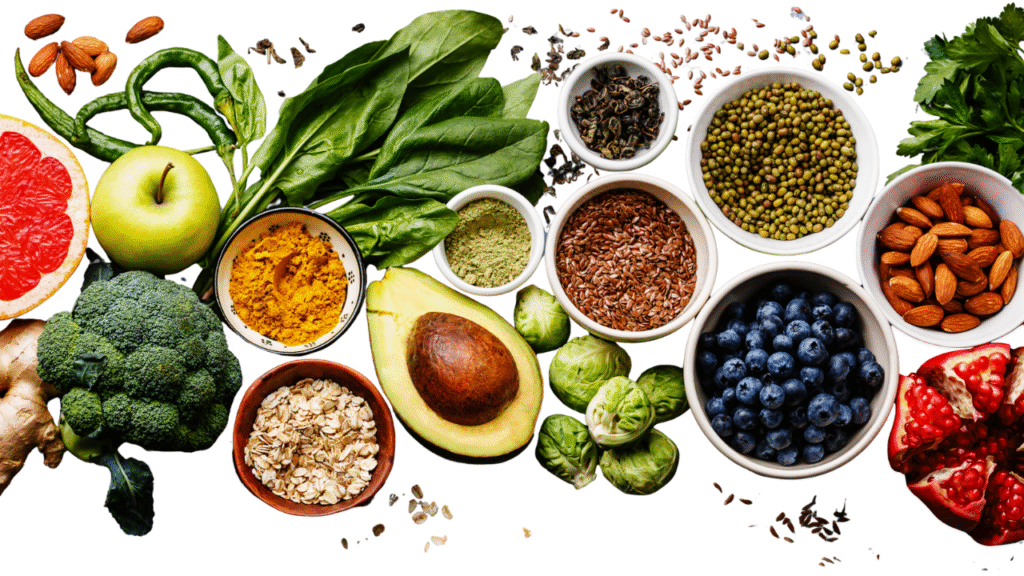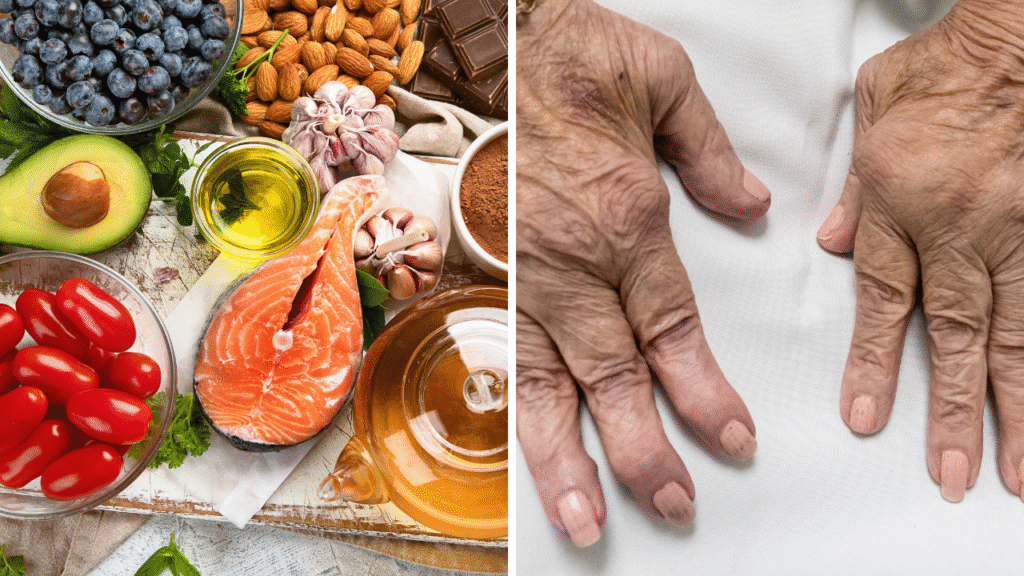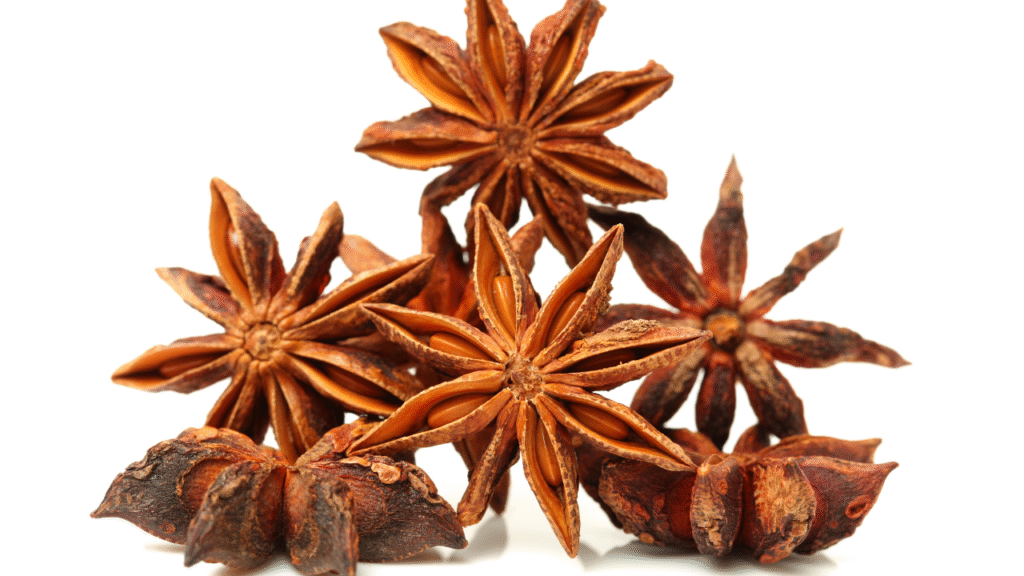
The clover-like herb fenugreek is native to the Mediterranean region, southern Europe, and western Asia. It’s a flavoring agent in foods, beverages, and tobacco and an ingredient in spice mixes. Extracts of fenugreek are also utilized in soaps and cosmetics.
Fenugreek is an annual plant in the Leguminosae family. People use it as a food stabilizer, adhesive and emulsifying agent due to its high fiber, protein, and gum content. In addition, fenugreek seeds and leaves are used in both cooking and medicine.
In European countries, the herb has been used for centuries as a cooking spice. It is still widely used in curry powders, pickles, and spice blends in India and other Asian countries. However, it is used mainly in the United States to make spice blends for soups and stews.
Leaves of Fenugreek
Seven saponins known as graecunins are found in the leaves. Leaves have an approximate moisture content of 86.1 percent, 4.4 percent protein, 0.9 percent fat, and 1.5 percent minerals. Fenugreek leaves should be stored in the refrigerator, dried in the oven, or blanched.
Seeds of fenugreek
The seeds are pleasantly bitter and slightly sweet. The seeds are used to flavor various foods, primarily curry powders, teas, and spice blends. A central hard and yellow embryo is surrounded by a large layer of white and semi-transparent endosperm in fenugreek seed.
Fenugreek seeds contain about 0.1–0.9 percent diosgenin and are commercially extracted. Polyphenol compounds are thought to be the main bioactive compounds in the seeds.
Fenugreek seeds have been used as an insulin substitute to lower blood glucose levels. Furthermore, fenugreek was a vital ingredient in a 19th-century patent medicine for dysmenorrheal and postmenopausal symptoms. It has also been recommended for promoting lactation.
Nutrition Facts
- Fenugreek has a 23–26 percent protein content
- 6–7 percent fat content,
- the carbohydrate content of 58 percent
- Twenty-five percent dietary fiber
- Approximately 28% mucilage,
- volatile oil, two alkaloids, trigonelline and Choline.
Health Benefits of fenugreek:
1. Lactation support
Fenugreek can boost a nursing mother’s milk supply within 24–72 hours of taking the herb for the first time. Furthermore, because it contains hormone precursors that increase milk formation, the seed has been shown to stimulate sweat production.
According to studies, fenugreek tea can help stimulate milk supply and promote infant weight gain, especially in the early postpartum period. Some researchers attribute fenugreek’s favorable effect on milk volume to phytoestrogens, plant chemicals resembling estrogen.
2. Immunological activity
An extract of fenugreek at three doses (50, 100, and 200 mg per kg for ten days) has an immunomodulatory effect on the immune system of Swiss albino mice.
3 Helps Improve Blood Sugar
The effects of fenugreek extract on blood glucose, hemorheological parameters, and general properties in diabetic experimental rats have been studied. The seeds lowered blood glucose levels, plasma glucagons, and somatostatin levels; carbohydrate-induced hyperglycemia also was found to be reduced.
Fasting blood sugar and total blood glucose levels can be reduced by soaking fenugreek seed powder in hot water. In addition, the rich dietary fiber and plant chemicals in the seeds may help slow digestion, limit glucose absorption in the gut, and enhance how the body metabolizes carbohydrates and sugar.
4. Hypocholesterolemic effect
Fenugreek seeds contain a large amount of fiber, galactose, and mannose. The latter compounds are associated with reduced cholesterolemia. Therefore, fenugreek extract has been investigated for its effects on blood lipid and in experimental rats with diabetics.
5. Antioxidant activity
Fenugreek seeds, husk, and cotyledons had the highest saponin and protein content. In addition, extracts of husk, extracts of endosperm exhibited 72%, 64%, and 56% antioxidant activities, respectively, by free-radical scavenging activity.
6. Anticancer effect
Many studies have shown that fenugreek seeds have a protective effect in experimental cancer models using cell lines or experimental animals. Ferment extract inhibited growth inhibitory effects on breast, pancreatic, and prostate cancer cell lines. Trigonella’s ability to induce cell death is thought to be responsible for its ability to inhibit cancer cell growth.
Cancer is a delicate subject to broach since it has so much potential, yet there is no treatment. It has shown promise in lowering the occurrence of malignancies such as breast, colon, and prostate. However, programmed cell death appears to be the most pronounced when the plant is used in conjunction with radiation.
7. Antibacterial and antifungal properties
Fenugreek has been shown to have antifungal and antibacterial properties. Therefore, it could be argued that it is an essential source of biologically active compounds that can develop better and more novel antifungal drugs. In addition, the plant can also be used to treat patients suffering from calcic urolithiasis.
8. Fenugreek’s digestive benefits
Spices in the diet had a positive effect on rats’ pancreatic digestive enzymes. In rats, capsaicin, piperine, dietary curcumin, ginger, fenugreek, and asafoetida increased pancreatic lipase activity. Non-starchy polysaccharides also increase food bulk and improve bowel movement.
9 Helps Increase Appetite
The effects of a fenugreek seed product on feeding behavior were investigated in a study published in Pharmacology, Biochemistry, and Behavior. According to the findings, chronic oral delivery of the extract dramatically enhanced food intake and motivation to eat. However, the medication does not prevent anorexia, according to the results.
Fenugreek is used in some anorexia treatment programs to assist boost appetite and weight gain.
In some circumstances, the extract appears to increase food intake and motivation.
10 Testosterone and Libido
According to a 2011 study, a supplement combining fenugreek extract and minerals increased various aspects of libido but did not affect testosterone levels. More research is needed to determine the herb’s extract’s efficacy to boost testosterone levels and sexual desire.
Erectile dysfunction and other male health issues have been treated with fenugreek. It has been demonstrated in studies that it can boost men’s sexual desire and performance. It’s good to speak with a doctor before adopting natural therapies to treat disease, improve sexual performance, and naturally treat impotence.
Uses:
1. Fenugreek as a food stabilizer, food adhesive, food emulsifier
The interaction of fenugreek protein with food constituents determines its ability to stabilize and emulsify the food constituents. It contains higher dietary fiber content, which acts as a probiotic in functional food. Flour supplemented with 8-10% has been used to produce baked goods such as bread, pizza, muffins, and cakes.
2. In traditional food
Fenugreek paste, locally termed “Cemen,” is a popular food in Turkey. It is prepared from ground fenugreeks’ seeds and is used to make a ball for making clarified butter.
3. Fenugreek in bakery products
Fenugreek seed husk is high in dietary fiber and contains a variety of essential minerals. This functional high-fiber ingredient can be used to make high-fiber muffins. Biscuits containing up to 10% fenugreek flour were tested and found to be of high quality.
According to the study, the seed (raw, soaked, and germinated) significantly reduced total lipids, total serum cholesterol, and LDL cholesterol while not affect triglycerides or serum HDL cholesterol. In addition, supplementation of basal diets with food and supplements increased the complete proteins, fibers, iron, zinc, calcium, vitamin B2, carotene, vitamin E, and vitamin C contents.
4. Fenugreek in the extruded product
A study has shown that fenugreek can be incorporated into chickpea–rice blends with good physical and sensory properties with a low Glycemic Index. Fenugreek polysaccharides could be incorporated up to a level of 15%. There were no significant differences in color, texture, or overall quality between products containing 5–15% and control.
Extruding fenugreek gum from wheat caused an increase in dough farinograph water absorption compared with the control, but extruding the gum caused an even more significant increase in water absorption. Extruding FG also improved its solubility in bread.
Where to Buy?
Conclusions
Fenugreek has antidiabetic, antifertility, anticancer, antimicrobial, antiparasitic, lactation stimulant, and hypocholesterolemic effects. Therefore, fenugreek is recommended and should be included in our daily diet. Use is safe, and various health benefits can be drawn from this natural herb.




